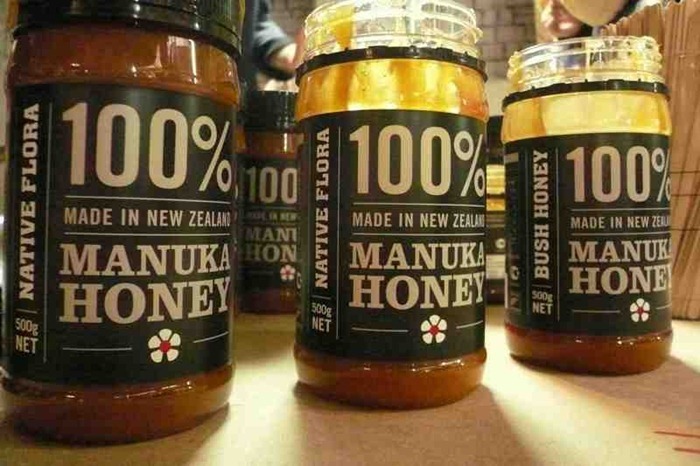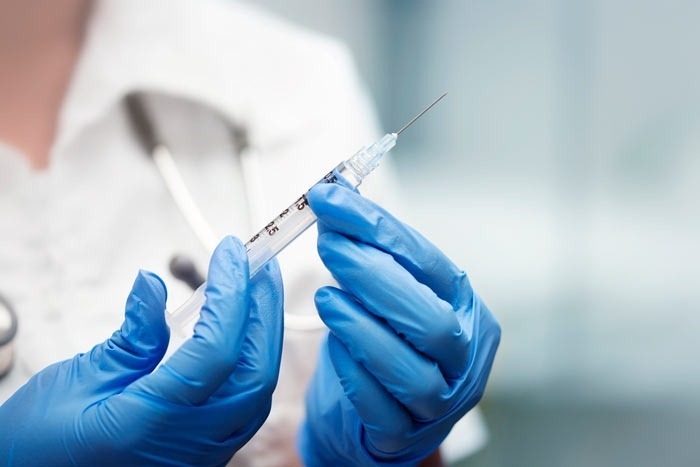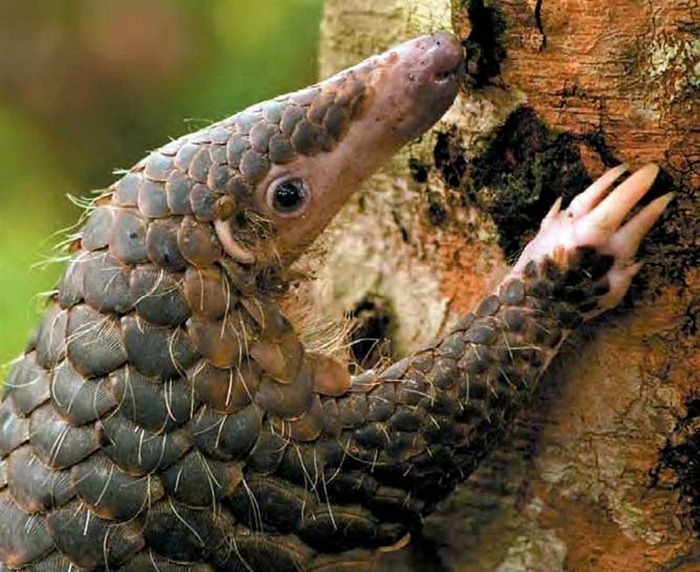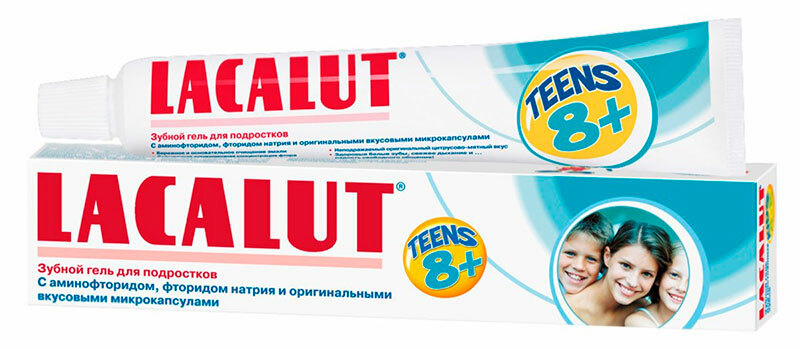Underground markets pump billions of dollars out of the global economy every year. But in addition to the thriving trade in drugs, weapons and people, there are many small but very profitable products that do not immediately come to mind when you think about the black market.
Here are the top 7 amazing things, services and animals sold on the black market.
Contents:
- 7.
- puppies 6.
- scientific works 5.
- amber 4. Tiger body parts
- 3. Manuka
- honey 2.
- rabies vaccines 1.
pangolins 7.
 puppies Puppies of popular design breeds such as chorki(Chihuahua + Yorkshire Terrier), can bring up to 2,000 euros to the breeder, but illegally they can be purchased much cheaper.
puppies Puppies of popular design breeds such as chorki(Chihuahua + Yorkshire Terrier), can bring up to 2,000 euros to the breeder, but illegally they can be purchased much cheaper.
Of course, the conditions in which these animals are held by resellers are deplorable. Dead animals remain in the cells rotting along with the living, and the pups are sold without vaccinations and microchips.
6. Scientific works of
 In the last few years, more than 1000 famous Russians have been convicted of plagiarizing scientific works. In 2013, a network of activists emerged, calling itself "Dissernet."It uses software to detect plagiarism in dissertations, by now it has collected over 5,600 copies of plagiarism and has published reports on more than 1,300 of them. Even Vladimir Putin was accused of plagiarism in writing his Ph. D. thesis, part of which was allegedly rewritten from the article "Strategic Planning and Politics" by Professors William King and David Cliland.
In the last few years, more than 1000 famous Russians have been convicted of plagiarizing scientific works. In 2013, a network of activists emerged, calling itself "Dissernet."It uses software to detect plagiarism in dissertations, by now it has collected over 5,600 copies of plagiarism and has published reports on more than 1,300 of them. Even Vladimir Putin was accused of plagiarism in writing his Ph. D. thesis, part of which was allegedly rewritten from the article "Strategic Planning and Politics" by Professors William King and David Cliland.
5. Amber
 The world market of amber exceeds a billion dollars a year, and 90% of the world's reserves are in the Kaliningrad region. Flawless pieces literally cost more than their weight in gold, and if an insect is found in amber, the stone can be valued at five or six figures.
The world market of amber exceeds a billion dollars a year, and 90% of the world's reserves are in the Kaliningrad region. Flawless pieces literally cost more than their weight in gold, and if an insect is found in amber, the stone can be valued at five or six figures.
4. Parts of the tiger body
 Previously, this product was mainly used for medicinal purposes, and now the emphasis has shifted to luxury items such as tiger skins and tiger bones. For its production, the tiger skeleton is soaked in rice wine.
Previously, this product was mainly used for medicinal purposes, and now the emphasis has shifted to luxury items such as tiger skins and tiger bones. For its production, the tiger skeleton is soaked in rice wine.
In the west of Thailand there is the Tigris Monastery, where there are several tigers( as well as more than 300 other animals).A former employee of the monastery said that chips, which according to Thai laws, should be for all tigers, are often cut out, and tigers are illegally sold. Subsequent investigation showed that many animals from the monastery were missing, while others were without microchips.
3. Manuka honey
 This honey, included in the rating of the most popular items of trade on the black market, is produced only in New Zealand and Australia. The honey bank of Manuka costs 80 dollars. Recently, it has become very desirable due to its( not proven official medicine) medicinal and antibacterial properties. The indigenous tribes of New Zealand used this honey for bandaging wounds.
This honey, included in the rating of the most popular items of trade on the black market, is produced only in New Zealand and Australia. The honey bank of Manuka costs 80 dollars. Recently, it has become very desirable due to its( not proven official medicine) medicinal and antibacterial properties. The indigenous tribes of New Zealand used this honey for bandaging wounds.
Organized gangs of thieves simply brazenly steal the product from where they can. In supermarkets and other retail outlets in Sydney( Australia) there is a huge surge in coordinated thefts of dozens of cans of Manuk honey.
2. Rabies vaccines
 In China, rabies carries away thousands of lives each year. It's no wonder that the trade in cheap vaccines is thriving on Taobao( the Chinese equivalent of eBay).They are created in unknown laboratories by unknown persons, and range from only partially effective to frankly fraudulent. In 2016, authorities arrested dozens of people suspected of spreading rabies vaccines. The profit from the vaccine trade on the black market was about 90 million dollars.
In China, rabies carries away thousands of lives each year. It's no wonder that the trade in cheap vaccines is thriving on Taobao( the Chinese equivalent of eBay).They are created in unknown laboratories by unknown persons, and range from only partially effective to frankly fraudulent. In 2016, authorities arrested dozens of people suspected of spreading rabies vaccines. The profit from the vaccine trade on the black market was about 90 million dollars.
1. Pangolins
 If you have never heard of pangolins, then you are not alone. These small mammals live in Southeast Asia and to the south of the Sahara, lead a single, nocturnal life, and would exist quietly and further, if not for their large horny scales covering the body. They are appreciated all over the world, having found application in medicine and cosmetic products, and are also used as a delicacy in some cultures.
If you have never heard of pangolins, then you are not alone. These small mammals live in Southeast Asia and to the south of the Sahara, lead a single, nocturnal life, and would exist quietly and further, if not for their large horny scales covering the body. They are appreciated all over the world, having found application in medicine and cosmetic products, and are also used as a delicacy in some cultures.
Only one lot seized by the Hong Kong police in June 2016, according to estimates of the "black market" costs more than $ 1 million, and this is the top of the money iceberg for the illegal trade in pangolins. According to the International Fund for the Protection of Animals, pangolins are the most illegally exported mammals in the world.



